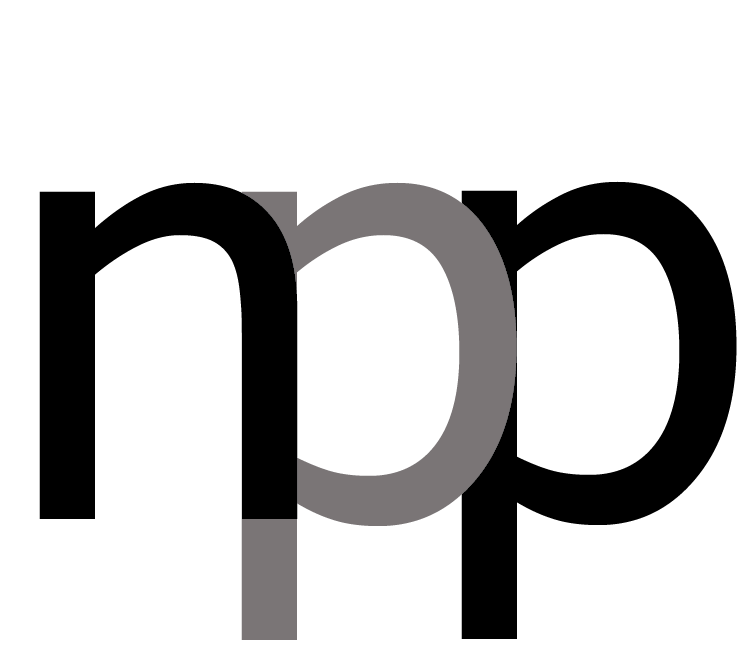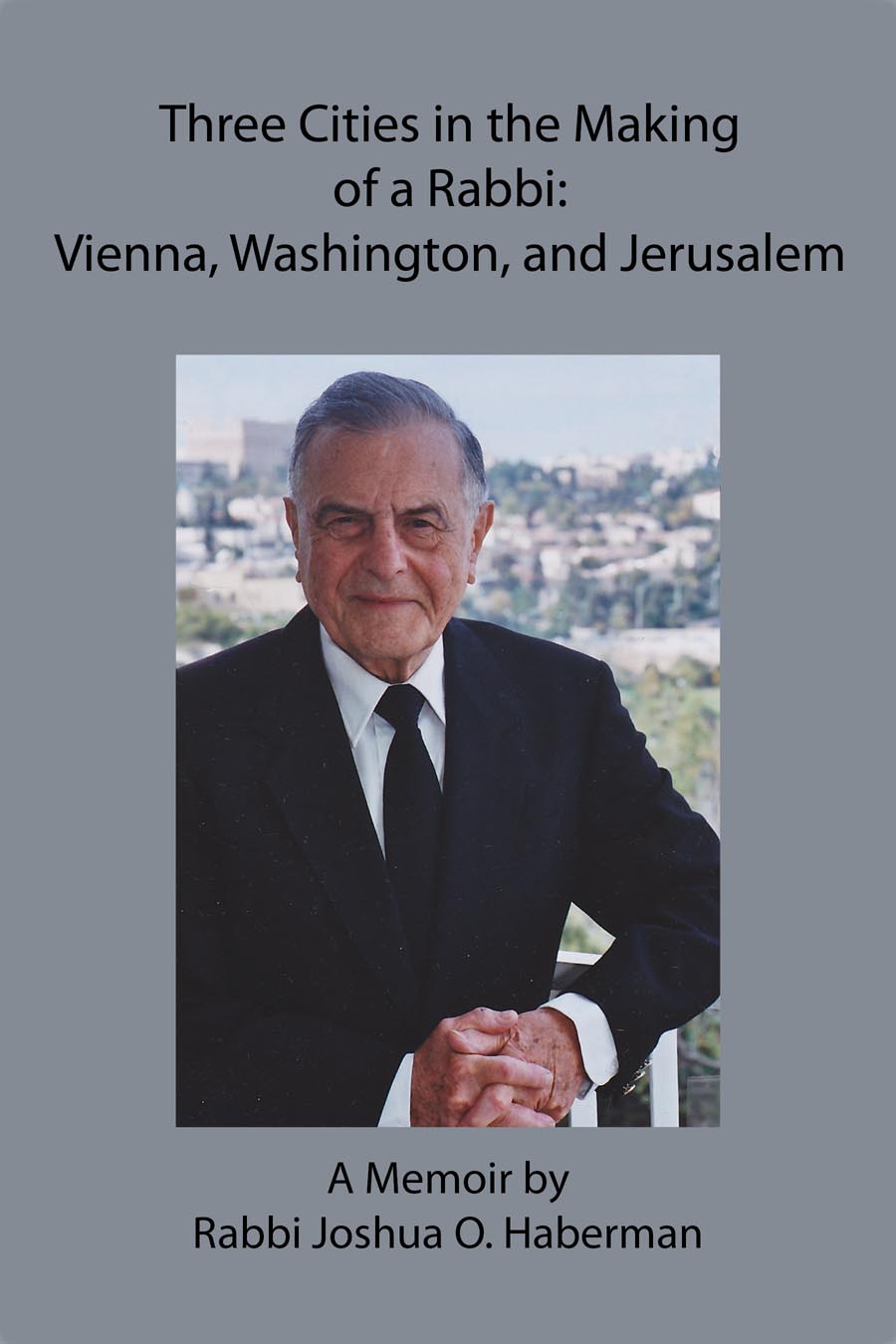In Three Cities in the Making of a Rabbi: Vienna, Washington, and Jerusalem,
Rabbi Joshua O. Haberman discusses his youth in Vienna and academic studies
there, the fall of Vienna and his narrow escape from being arrested by
a Nazi storm trooper, his passage to America where he continued his rabbinical
and university studies, and his long and productive career as a rabbi.
He also describes his sabbaticals in Israel and travels around the world,
where he met with many significant spiritual and political leaders, and
his many personal and professional milestones, including his marriage to
Maxine and their raising four children. Throughout these adventures Rabbi
Haberman comments on his own life experiences and the events in the world
around him with humor, wisdom, and a philosophical perspective.
Rabbi Haberman’s accomplishments include creating the Foundation for
Jewish Studies, Washington’s largest network of lifelong Jewish learning
programs, preaching at the White House, co-officiating at the televised 9/11
Memorial Service at the National Cathedral, and a long tenure as Senior Rabbi
at Washington Hebrew Congregation. He is a leader in interfaith initiatives
and continues to preach at Washington Hebrew Congregation annually on Yom
Kippur.
Since retiring from the pulpit, Rabbi Haberman has devoted himself to scholarship,
writing, and teaching. He is the author of three previous books, Philosophy
of Revelation: The Life and Thought of Solomon Ludwig Steinheim; The
God I Believe In: Conversations on Religion with 14 Leading Jewish Intellectuals;
and Healing Psalms: The Dialogues with God that Help You Cope with Life.
Praise for Three Cities in the Making of a Rabbi
Three Cities in the Making of a Rabbi is a remarkable and captivating book
by a remarkable and fascinating man and rabbi. In this memoir, Rabbi
Joshua Haberman tells the story of his life and career that spans nearly
a century and three continents in a straightforward, unpretentious, and
insightful way. I found myself laughing, crying, and nodding as I read the
pages of his story, and felt grateful for the opportunity this autobiography
gave me to know and understand this scholarly, engaged, spiritual and
thoughtful man—his life, his times, his values, his beliefs, his experiences,
and his family. His book shines a light upon his existence and enriches
those of us who read its pages.
Rabbi David Ellenson, President
Hebrew Union College-Jewish Institute of Religion


